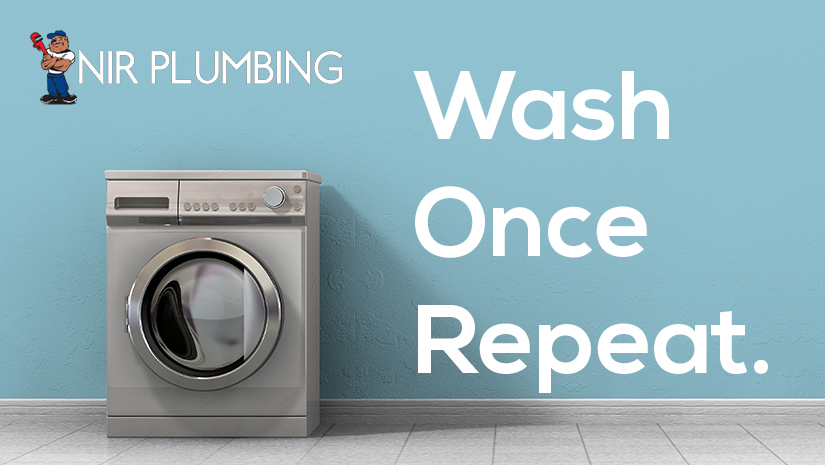What your Water Bill and Washing Machine have in Common.
You may never know how much you loved your washer and dryer until they break. All of the sudden clothes are piling up. Literally piling. Maybe you make a trip to your local laundromat. And as you sit there waiting so you can have clean clothes again, you realize that having your own washer and dryer allows you a convenience that is necessary for our busy worlds. So when it’s time to purchase or upgrade your washer you may want to look at the link these systems have to your water bills.
Top Loading vs. Front Loading
The two main different types of washers available right now fall into two camps. Top Loading or Front Loading. Top Loading has been the standard of washing machines for years. They are easy to find. Any store will have both options available, but you can also find these on Craigslist and from other sellers at discounted prices. But they do use a lot more water than a Front loader. In fact, a front loader typically uses half of the water that a top loader does. Also, because it doesn’t have an agitator and tumbles your clothes through the water your clothes tend to last longer. However, front loaders are typically more expensive, especially if you opt for one that comes with loads of bells and whistles.
Energy Saver
An excellent way to save some money with a large purchase like this is to look for an Energy Star appliance. This means that it has a more massive tub for more clothes per cycles, uses sensors for water temperatures and levels. You can also do some research to see if your local agencies give discounts on your bills when using an Energy Star approved machine.
If you are not in the market for a new washer but want to save a little bit of money with each load, we suggest never using Permanent Press because it uses ⅓ more water than any other cycle. Use large loads whenever possible, but if you do need to wash smaller load make sure you use the settings for less water.
We hope that this blog has helped you understand a little bit more about your clothes washer. If you have any issues with your washer and your plumbing, please always feel free to call us day or night.


